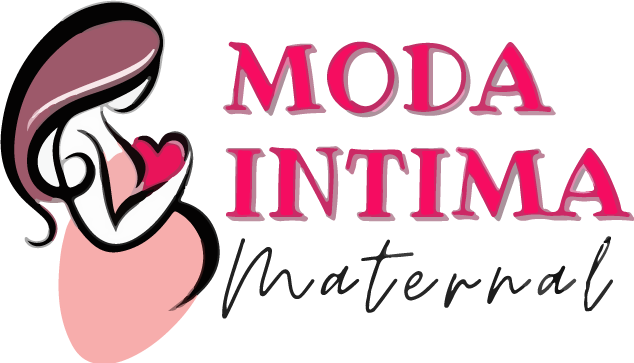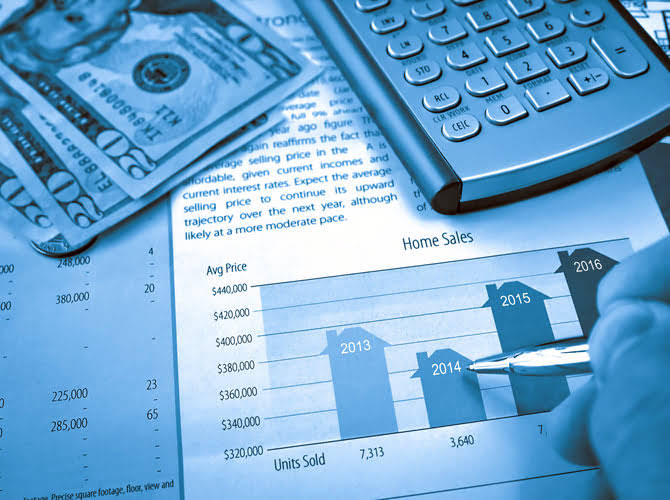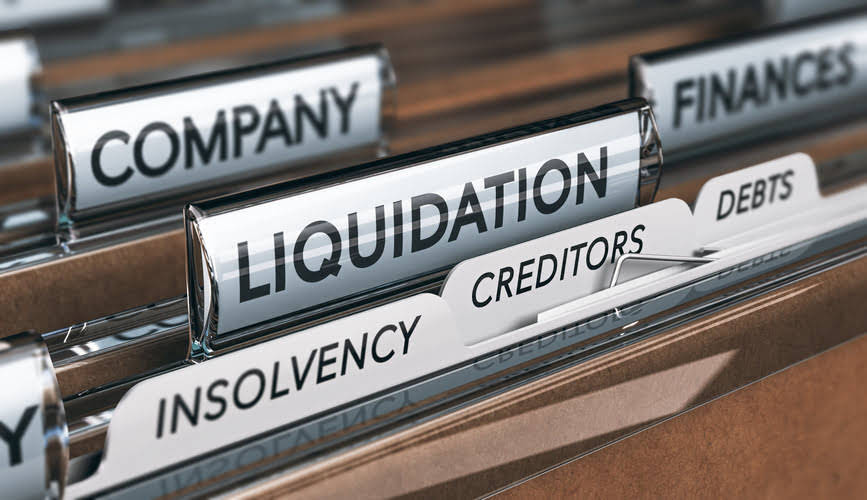Regular review and updates of hotel budgets are essential for sustainable financial planning and resource allocation in the competitive hotel industry. The hotel budget process involves gathering data, setting financial goals, and forecasting revenue and expenses. Finance teams analyze historical data and market trends to predict key metrics like occupancy and ADR. Budget planning includes allocating resources to departments, tracking labor costs, and adjusting for unforeseen changes. A flexible recording transactions budget helps hotels stay adaptable and on track with their financial objectives.
- When SiteMinder surveyed hoteliers, many spoke about improving their digital marketing and online presence and the need to put money behind these efforts to make headway in financing their hotel.
- For organized spending and tracking, you are allowed to create departments and tag each expense to the respective department while spending.
- Many stakeholders are involved in the budget planning process, including executives in marketing, sales and human resources, as well as front of house, hotel managers, the finance team and revenue managers.
- Prioritize spending on areas that will have the biggest impact on guest satisfaction and revenue.
Budgeting and Forecasting for Hotels – Ultimate Guide
- By incorporating these components into your planning, you can ensure that all financial aspects of the hotel’s operations are comprehensively planned and managed.
- Updating the budget involves assessing room revenue, food and beverage profitability, expenses, capital expenses, and goods and services spending.
- The adoption of technology in yield management has transformed decision-making in the hotel industry.
- Many hotels use a structured budgeting approach, especially when facing budget constraints.
- The budget planning period is a critical time for all businesses, and the hotel industry is no exception.
Implementing an annual staffing guide and utilizing tech tips can enhance labor productivity and manage expenses efficiently. Many hotels use a structured budgeting approach, especially when facing budget constraints. Additionally, planned marketing or sales initiatives are essential to consider any upcoming promotions, advertising campaigns, or events that may attract more guests and increase sales. The findings showed that boosting revenue by spending on strategy management came out on top with a ranking of 50% – closely followed by digital marketing activity.
Cash-Flow Budget
- Hotel budgets require continuous monitoring and regular adjustments to reflect the changing market conditions, thus ensuring their viability.
- This ongoing monitoring allows for timely adjustments, if necessary, to ensure that the budget remains aligned with the hotel’s objectives.
- Failing to account for holidays, peak seasons, local events and slow periods can have a significant impact.
- Besides, talking to employees from different levels will help you understand their everyday plights and how to fix them financially.
- This tool helps with budgeting expenses, tracking room bookings, and managing hotel staff costs.
- “Once it’s done, it’s set in stone, and we don’t make changes to it,” Lund says.
Whether you’re new to business travel or a pro looking to save money, smart budget planning can help. Here are some practical tips to manage your travel expenses and enjoy your trip without overspending. This helps you make the most of your money and avoid unexpected expenses.
Review and communicate
By analyzing past financial performance and using tools like siteminder and profitsword, hotel revenue managers can establish revenue targets based on occupancy rate and hotel budget room revenue. Zero-based budgeting can help scrutinize expenses and identify areas for optimization, including improving metrics like the ADR, which is vital for maximizing profitability in the ADR hotel industry. Annual staffing guides, labor productivity strategies, and technology tips from revenue managers can enhance operational efficiency and maximize profitability. By accurately predicting occupancy and ADR, hoteliers can adjust their operational costs, marketing budgets, and revenue management strategies to maximize profitability.
A rolling budget extends beyond a single fiscal year, covering multiple periods (typically 12 months or more). As each month passes, the next month is added to the end of the budget horizon, providing ongoing Law Firm Accounts Receivable Management guidance and maintaining focus on longer-term financial planning. A zero-based budget starts with no assumed base level of funding and forces managers to justify every dollar spent.





